Ground ginger, also known as powdered ginger, is made from dried ginger root and is a common ingredient in both culinary and medicinal practices. Its warm, spicy flavor and numerous health benefits make it a valuable addition to any kitchen. This article explores the versatile uses and powerful health benefits of ground ginger, highlighting why this spice should be a staple in your pantry.

Nothing seems more relaxing than sipping on a cup of tea after savoring a delicious bite of your sweet dessert. But it can sometimes get a little dull, too. This won’t have to be the case when you have a jar of ground ginger sitting on your spice rack.
Earthy with a distinctive punch, ginger lends a zing to sweet savory dishes and drinks, along with complementary herbs like savory herbs and basils. Not only is this spice admired for its zesty flavor, but it’s an ancient herbal remedy for several ailments as well!
Did you know that a cup of ginger tea helps soothe an upset stomach? The anti-inflammatory properties of organic ginger even help reduce inflammation and muscle soreness. Moreover, the antioxidants present in this spice increases collagen production and helps improve the skin’s appearance and ability to heal.
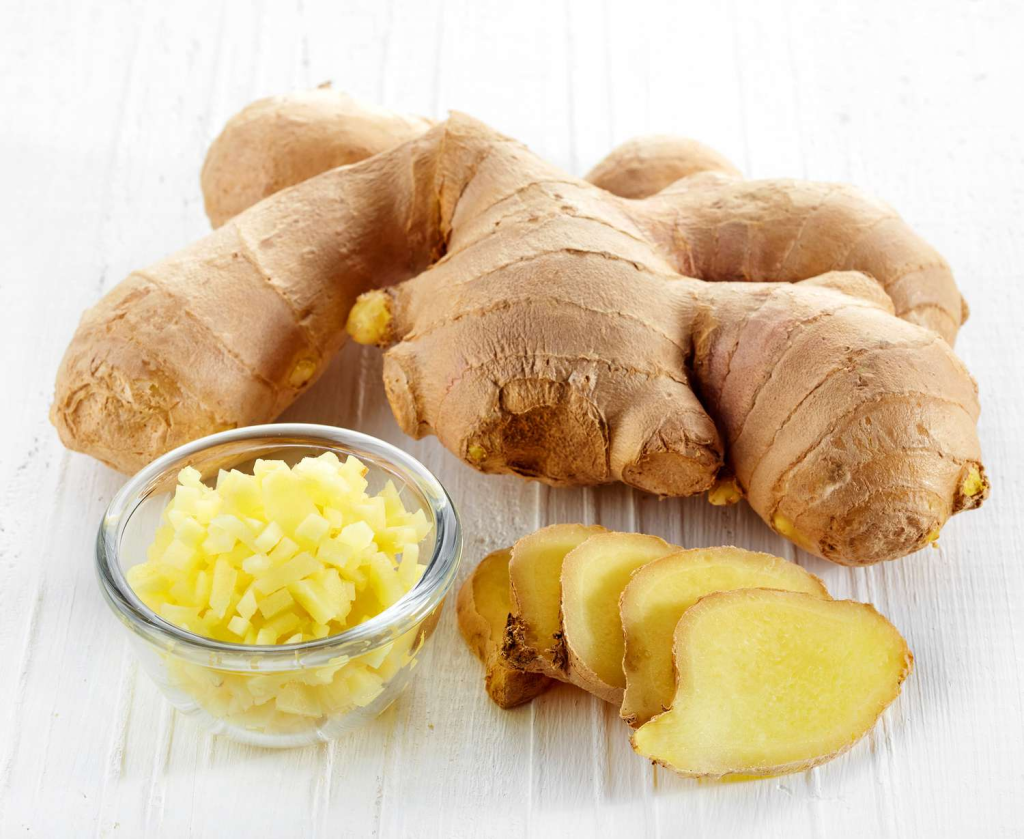
Keep on reading and explore everything ginger spice has to offer, specifically in its ground form. Let’s dig a little deeper to know more about the wonders of ground ginger and its uses.
What Is Ground Ginger?
What’s the difference between fresh ginger and ground ginger? Ground ginger is the dried and powdered form of ginger rhizome, or what is commonly known as ginger root. It’s milder than the fresh ones in terms of flavor but it’s more concentrated. On the other hand, fresh or raw ginger comes in small pieces and has a pale yellow to brown outer layer. It has a more complex flavor than its powdered counterpart. And when cooked, it tenderizes and lends a pungent flavor to the dish.
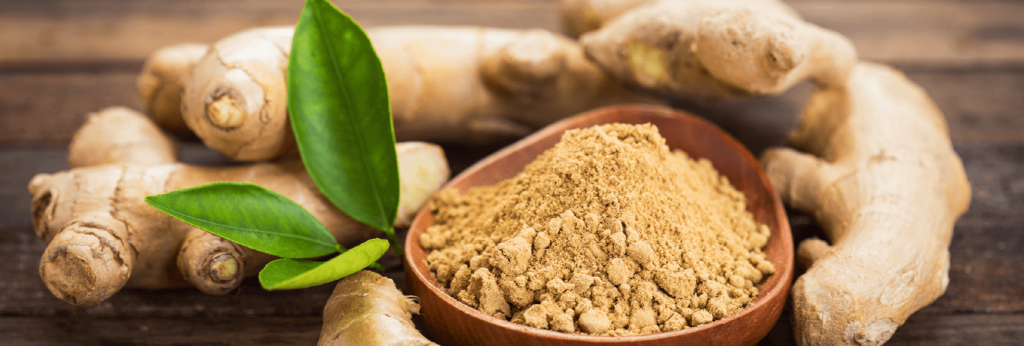
How to Make Ground Ginger
This versatile spice always comes in handy every time you wish to whip up some baked yams or you want to relax with a steaming cup of spiced tea. You can always head to the farmers’ market near you should you run out of stock. While you can easily buy powdered ones, making one is just as easy. Let us show you how to make ground ginger at home. Here are the six easy steps:

- Wash the ginger root and peel off the skin.
- Next, cut it into small, thin slices so it will dry much faster.
- Spread the slices on a plate, or a dehydrator tray. Make sure the slices don’t overlap.
- Dry them in a dehydrator or in the oven. You can also place the slices by a sunny window and leave them until they dry off.
- Once the slices are completely dry, grind the dried ginger using a blender or food processor until it becomes a super-fine powder.
- Finally, store the powdered ginger in an airtight jar.
You now have your own ground ginger to use for the next six months if properly stored. Does ground ginger go bad, you’re probably wondering. Luckily, powdered spices stay at their best quality for up to three years.
Benefits of Ground Ginger
1. Culinary Uses of Ground Ginger
Ground ginger is a versatile spice that can enhance the flavor of both sweet and savory dishes. Here are some common culinary uses:
- Baking: Ground ginger is a key ingredient in many baked goods, such as gingerbread, cookies, cakes, and muffins. It adds a warm, spicy note that complements sweet flavors.
- Savory Dishes: Use ground ginger to add depth and warmth to savory dishes, such as soups, stews, curries, and marinades. It pairs well with garlic, soy sauce, and various spices.
- Beverages: Ground ginger can be used to make ginger tea, spiced lattes, and infused water. It adds a pleasant zing to drinks and can be combined with honey, lemon, or cinnamon for added flavor.
2. Health Benefits of Ground Ginger
Anti-Inflammatory and Antioxidant Properties Ground ginger is rich in bioactive compounds like gingerol and shogaol, which have potent anti-inflammatory and antioxidant effects. These compounds help reduce inflammation in the body, alleviate pain, and protect cells from oxidative stress.
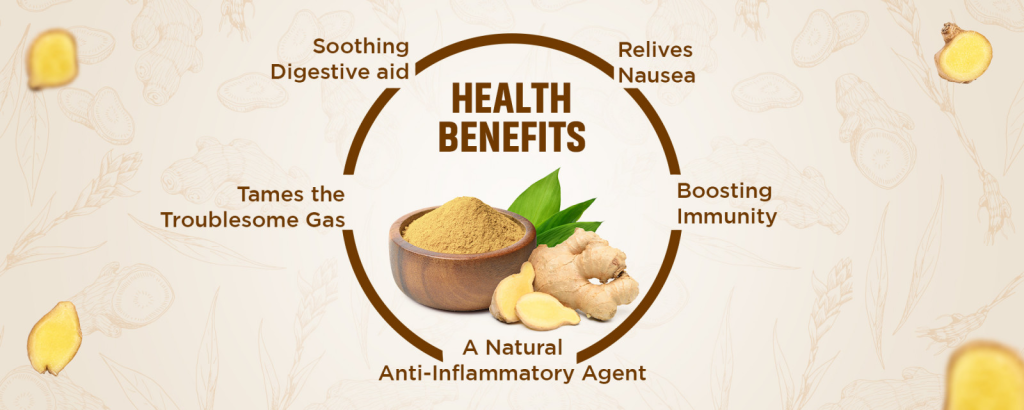
Digestive Aid Ground ginger is well-known for its ability to support digestive health. It can help stimulate saliva, bile, and gastric enzyme production, which aids in the digestion of food. Ground ginger can also alleviate symptoms of indigestion, bloating, and gas, making it a valuable remedy for digestive discomfort.
Nausea Relief Ground ginger is an effective natural remedy for nausea and vomiting. It is particularly beneficial for pregnant women experiencing morning sickness and individuals undergoing chemotherapy. Adding a small amount of ground ginger to tea or food can help reduce nausea and improve comfort.
Immune System Support The antimicrobial and antifungal properties of ground ginger make it a great immune system booster. Regular consumption of ground ginger can help protect against infections and illnesses, particularly during the cold and flu season. It can also help reduce the severity and duration of colds and sore throats.
Blood Sugar Regulation Ground ginger may help regulate blood sugar levels and improve insulin sensitivity. This makes it a beneficial spice for individuals with type 2 diabetes or those at risk of developing the condition. Incorporating ground ginger into meals can help manage blood sugar levels and promote overall metabolic health.
Weight Management Ground ginger can support weight management by boosting metabolism and promoting fat burning. It helps increase thermogenesis, the process by which the body burns calories to produce heat. This can enhance calorie burning and support weight loss efforts when combined with a healthy diet and exercise.
Pain Relief The analgesic properties of ground ginger can help reduce pain and discomfort. It is particularly effective for managing menstrual pain, arthritis, and muscle soreness. Consuming ground ginger regularly can help alleviate chronic pain and improve overall quality of life.
How to Use Ground Ginger
Cooking: Add ground ginger to soups, stews, curries, and marinades for a burst of flavor. It can also be used in spice blends and rubs for meats and vegetables.
Baking: Use ground ginger in your favorite baked goods, such as gingerbread, cookies, and cakes. It adds a warm, spicy note that enhances sweet flavors.
Beverages: Make ginger tea by adding a teaspoon of ground ginger to hot water and letting it steep. You can also add ground ginger to smoothies, spiced lattes, and infused water for a flavorful twist.
Supplements: Ground ginger can be taken in supplement form, such as capsules or tablets, to ensure a consistent dose of its health benefits. Always consult with a healthcare provider before starting any supplement regimen.
Ground ginger is a truly versatile spice. This superfood can be incorporated into a wide range of dishes and drinks. It’s an ideal ingredient for baking and adds a slight punch to savory dishes. And don’t forget about this powdered spice if you want to take your drinking experience to another level. We’ve rounded up some of our best recipes that make use of this spice for you to try.
- Teriyaki Chicken – You’ll love this chicken dish slathered in a savory teriyaki sauce with pineapple chunks. And of course, a dash of ground ginger gives it an interesting kick. Serve alongside hot rice with green vegetables for a hearty meal.
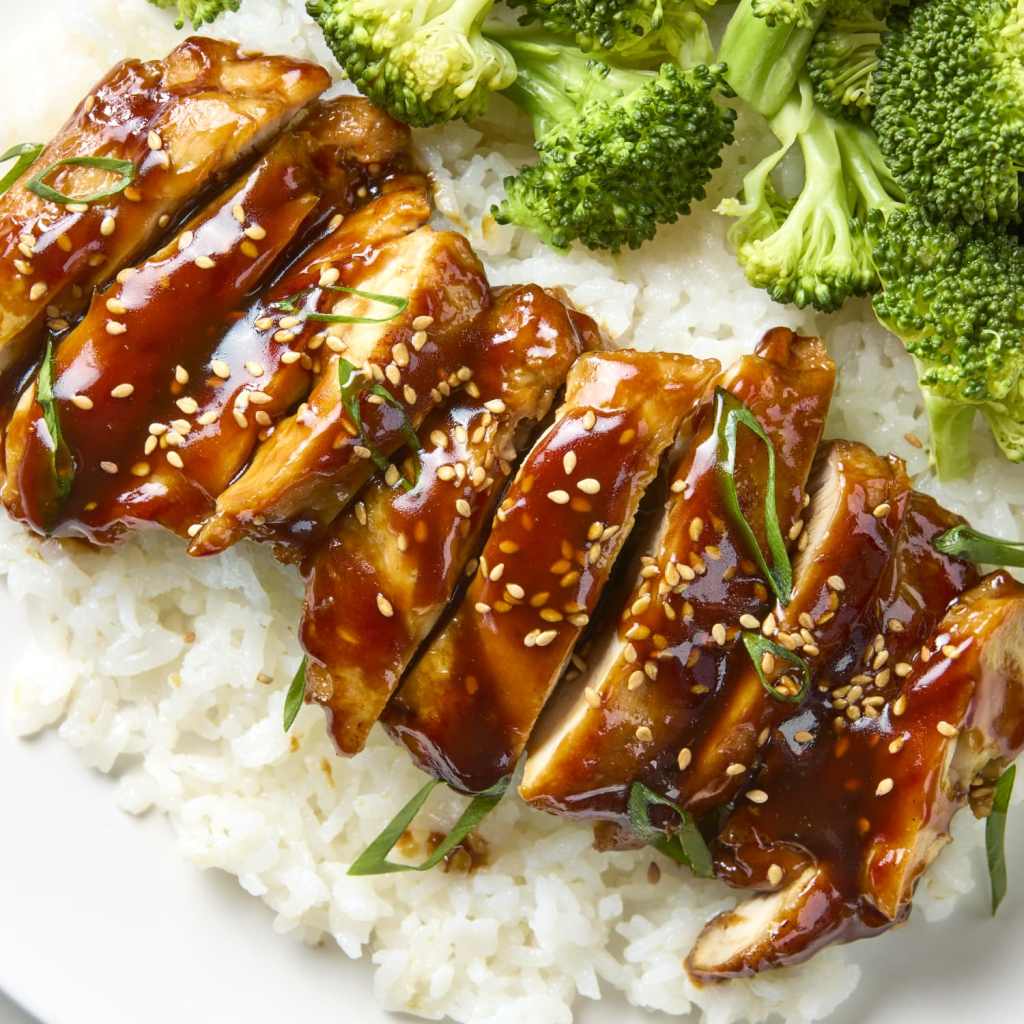
- Spiced Stew – Looking for a vegetable dish with a spicy twist? This is for you! It has the right amount of kick coming from the Moroccan spice blend. Plus, this chickpea stew comes together in just 30 minutes!

- Pumpkin Gingerbread – This delicious holiday treat has a sweet and spicy flavor, thanks to cinnamon and ginger. This dish requires ground ginger so the bread won’t be too mushy. You can even add raisins for extra treats!

- Honey Pumpkin Pie – Spice up your Thanksgiving dinners with this easy recipe! It has smooth sweet notes coming from the honey. Moreover, fibrous bits of ginger in this baked pie can add a slight punch without ruining the consistency.

- Spicy Green Tea – Love to sip on green tea for its unique taste and health benefits? Try this drink for a spicy twist and added level of benefit!
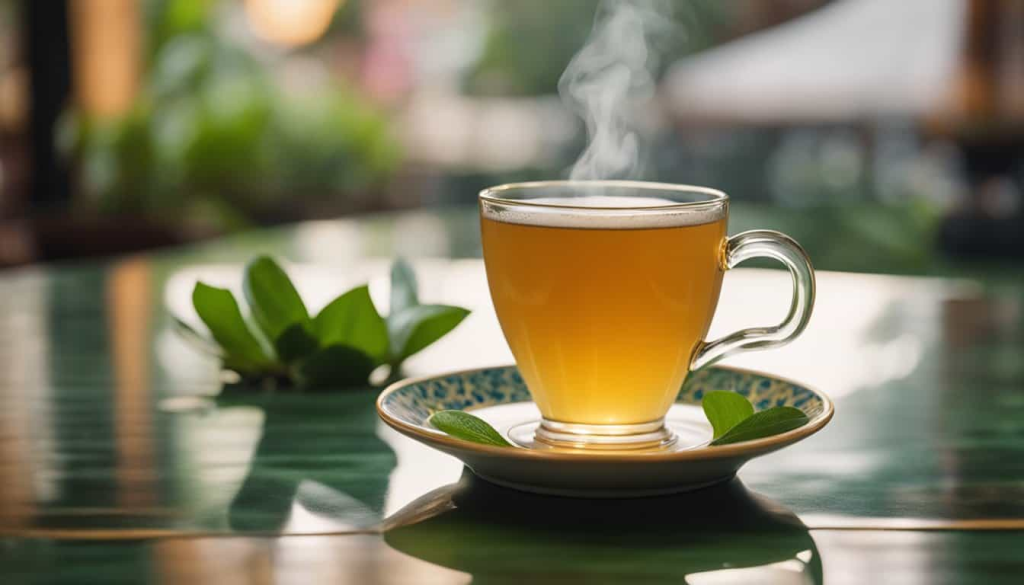
Substitutes for Ground Ginger
Ran out of stock? No worries! There are some alternative spices that you can use in place of the powdered ginger. These are the most common flavoring agents used as substitutes for this spice:
- Allspice – Its mildly sweet-and-spicy flavor is similar to that of ginger. It works perfectly with vegetables dishes.
- Cinnamon – Like ginger, cinnamon can also be added to baked goods. It also lends an aromatic flavor to dishes as well.
- Nutmeg – The spicy sweet flavor of this ground ginger substitute also blends well with savory dishes.
- Mace – It has a warm, aromatic taste, which makes it perfect for cakes and cookies.
- Turmeric – Earthy and bitter, this spice makes a great alternative for ground ginger.
Ground Ginger Is Ideal For Both Savory Dishes and Baked Goods
Ground ginger is a great way to add interesting flavors not only in savory dishes, but also in baked goods as well. You can also add a dash of this powdered spice to your drinks for a spicy spin. For all these reasons and more, you should start including this pungent spice to your grocery list and to your diet as well! And hopefully, with all the easy steps we’ve mentioned, you’ll be able to make your own powdered ginger at home and make some delicious meals with this aromatic ingredient.
Ground ginger is a versatile and powerful spice with numerous health benefits. From its anti-inflammatory and antioxidant properties to its ability to aid digestion and relieve nausea, ground ginger can enhance your overall health and well-being. Incorporate ground ginger into your daily routine to experience its remarkable therapeutic effects and enjoy a healthier lifestyle.


